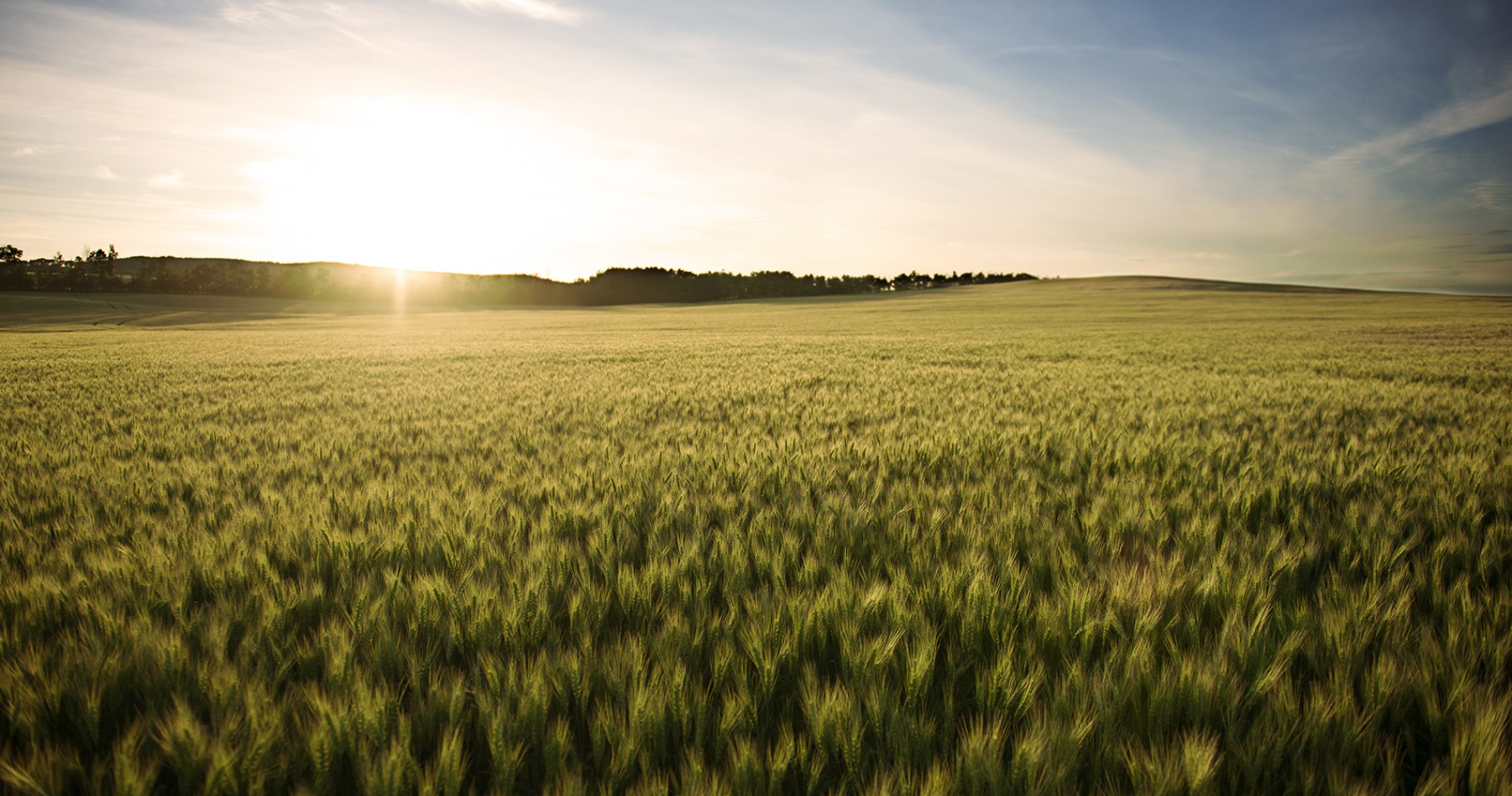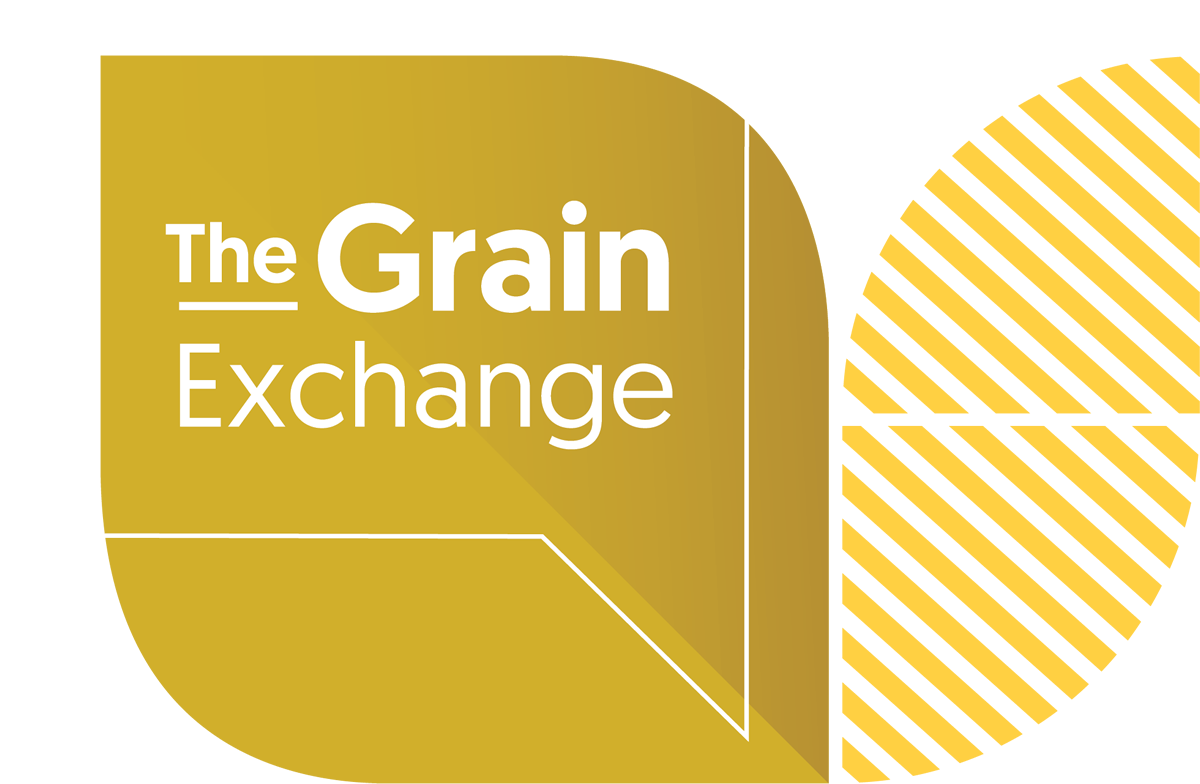Bridging the gap between producers and the research community
Farmers invest a lot of money into research. The Alberta Wheat Commission (AWC) invested $31.5 million into wheat research over the past eight years, while Alberta Barley invested $3.7 million into barley research over the past nine years. These huge investments in research ($35 million combined) are the largest financial commitments that AWC and Alberta Barley make. As such, the commissions are working to ensure that research funded, both now and in the future, is aligned with farmer needs.
In February 2022, the commissions asked for input on research priorities from commission directors, regional representatives and delegates (who are all farmer members) to help direct the investment of producer dollars. Increased yield was a top priority for both commissions. Since the contribution to yield is considered to be 50 per cent genetic and 50 per cent agronomic, both are important research categories to invest in. Farmers indicated a desire to increase investments in agronomy above historic levels. However, the limited research capacity in this area, especially in applied soil fertility research, will make this challenging. Addressing the agronomy research capacity issues and adding expertise in this area is going to be important in achieving these research priorities.
A few examples of the renewed research priorities for AWC include: increasing wheat’s sustainability with 4R Management through research on nitrogen fertilizer rates; protecting wheat yield from disease threats through research on decision making tools and fungicide management; protecting wheat yield through research to manage resistant weeds (kochia, wild oat, and group two resistant weeds); and of course through long standing investments in breeding and agronomy that increase wheat’s yield potential.
A few examples of the renewed research investment priorities for Alberta Barley include: optimizing seeding rates to reduce tillering and improve the uniformity of barley maturity and achieve optimal plant stands; finding new lodging management options by altering nitrogen fertilizer rates and timings; improving sustainability with 4R nitrogen management with a focus on nitrogen forms (i.e., enhanced efficiency fertilizers (EEFs) and economics of EEFs)) and optimal nitrogen rates for various growing regions and soil types; and of course, through long standing investments in breeding and agronomy that increase barley’s yield potential.
These are not exclusive lists of the commissions’ research priorities. More details can be found on our website albertawheatbarley.com.
These updated research priorities have been communicated to research scientists and extension providers through Shop Talk with Sheri and an interactive webinar that was held on March 4, 2022. In response, scientists are able to develop closely-aligned funding proposals with treatments that provide scientific solutions to real life, on-farm challenges.
In another initiative to increase the value of research investments, AWC and Alberta Barley partnered with Alberta Canola and Alberta Pulse Growers to deliver a Researcher Mentorship Program that began in spring 2022. The program’s vision is to equip crop researchers with a deep understanding of commercial barley, canola, pulse and wheat crop production systems so that research projects and results can be readily adopted on commercial farms.
The Researcher Mentorship Program has three components. The first component is Reverse Agronomy Update, a half day virtual session where 40 scientists and extension specialists learn about on-farm issues and logistics facing commercial farms from farmers Hannah Konschuh, from Wheatland County, Alberta, D’Arcy Hilgartner from Camrose, Alberta, and Jesse Meyer from Woking, Alberta. The second component of the program is one-on-one mentorship and provides an opportunity for three Alberta scientists to learn directly from farmers and gain on-farm experience through seeding, scouting, spraying and harvest. For the 2022 growing season, we are pleased to have farmer Kevin Serfas from Turin, Alberta, mentor Dr. Haley Catton from Agriculture and Agri-Food Canada (AAFC) Lethbridge; farmer Justin Bell, from Rosebud, Alberta, mentor Dr. Hiroshi Kubota from AAFC Lacombe; and farmer Wayne Schneider from Edmonton, Alberta, mentor Dr. Linda Gorim from the University of Alberta. For the third component of the program, we will be offering tours of Nutrien’s retail facilities, HyTech hybrid canola seed production and Galloway Seeds’ certified seed grower tour.
The commissions are committed to getting the best return on investment for Alberta’s wheat and barley farmers. The benefits from these three initiatives are already being seen in the applicability of the research proposals received from scientists participating in these programs.

